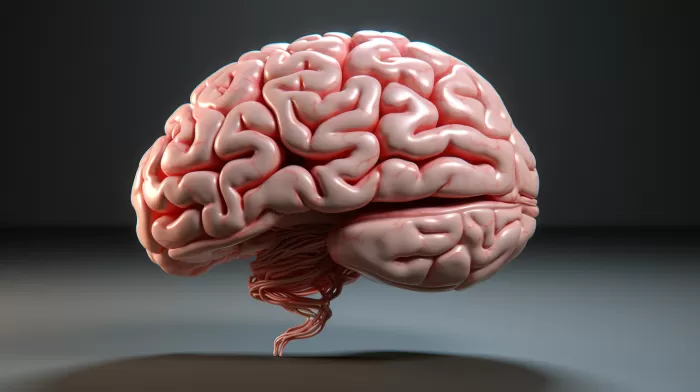Have you ever wondered why we have emotions? They play a crucial role in our daily lives, influencing our behavior and shaping our personalities. Emotions also have a direct impact on our survival. The human brain consists of several parts, each responsible for different aspects of who we are. Emotional responses are derived from one of these parts, and those responses have been shaped by our environment and early social conditioning.
Understanding the Cortex: The Smart Brain
Many people think that our thinking or intellectual functions solely control the brain. However, various parts of the brain contribute to a person’s personality. The cortex, often referred to as the smart brain, is the part of the brain that helps us in processing aesthetic, intellectual, mathematical, and other analytical tasks.
You may know someone who is academically brilliant but experiences extreme emotional dysfunction. In these cases, we might wonder why their intelligent brain isn’t capable of exercising control over their emotions. What we often fail to realize is that emotions are a survival-adaptation mechanism that develops as we learn to process our environment and adapt to social conditioning.
Emotions as a Survival Mechanism
From birth, we learn and adapt to different environments. Some people may grow up to be assertive or aggressive, whereas others may become passive or try to become invisible to ensure their safety and security. The most potent drive we have as human beings is the drive to survive, and our emotions play a significant role in this battle between thinking and feeling.
It’s essential to understand that emotions are not only deeply ingrained in our survival instincts but are also influenced by our upbringing, especially during our first five years of life. Our brains become conditioned and form the basis of our personality as we learn how to respond to the stimuli in our surroundings through our interactions with our parents, guardians, and other key figures.
This early conditioning is hardwired into our brains, and it is not easily overcome by thought processes. Our thoughts, indeed, make up the most recent component of our primordial brain, which means that our survival-adaptive mechanisms are far more deeply rooted.
Factors Influencing Our Emotion-Driven Behavior
The reasons behind frustrating interpersonal issues often stem from our need for survival and the interpretation of the environment that shaped us. These issues are not the result of malice or being difficult; rather, they arise from a place of survival. Recognizing this can help us become more understanding and compassionate toward ourselves and others.
In conclusion, emotions are vital to our daily lives and survival. They serve as adaptive mechanisms that help us navigate through the world around us. With this understanding, it becomes evident that we cannot merely change our emotions by trying to think them away. Instead, we can learn to appreciate the role they play in our lives and explore techniques that help us gain greater control over our emotions and how we respond to them.
There are several resources available to help us gain a better understanding of our emotions and how to control them. The American Psychological Association offers resources on emotionally intelligent techniques to improve our emotional well-being here. Additionally, the National Institute of Mental Health provides information on various emotional health topics here.



